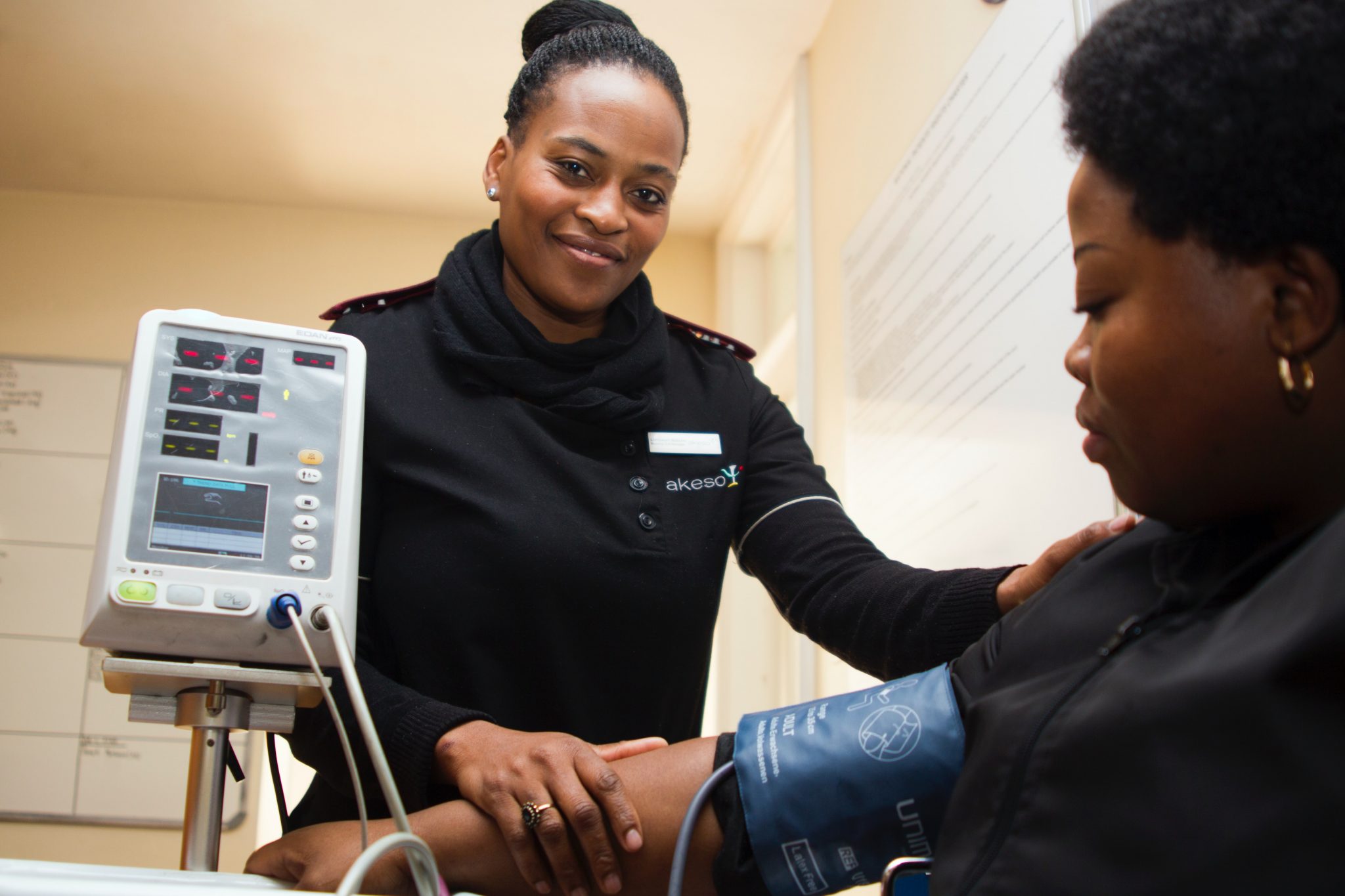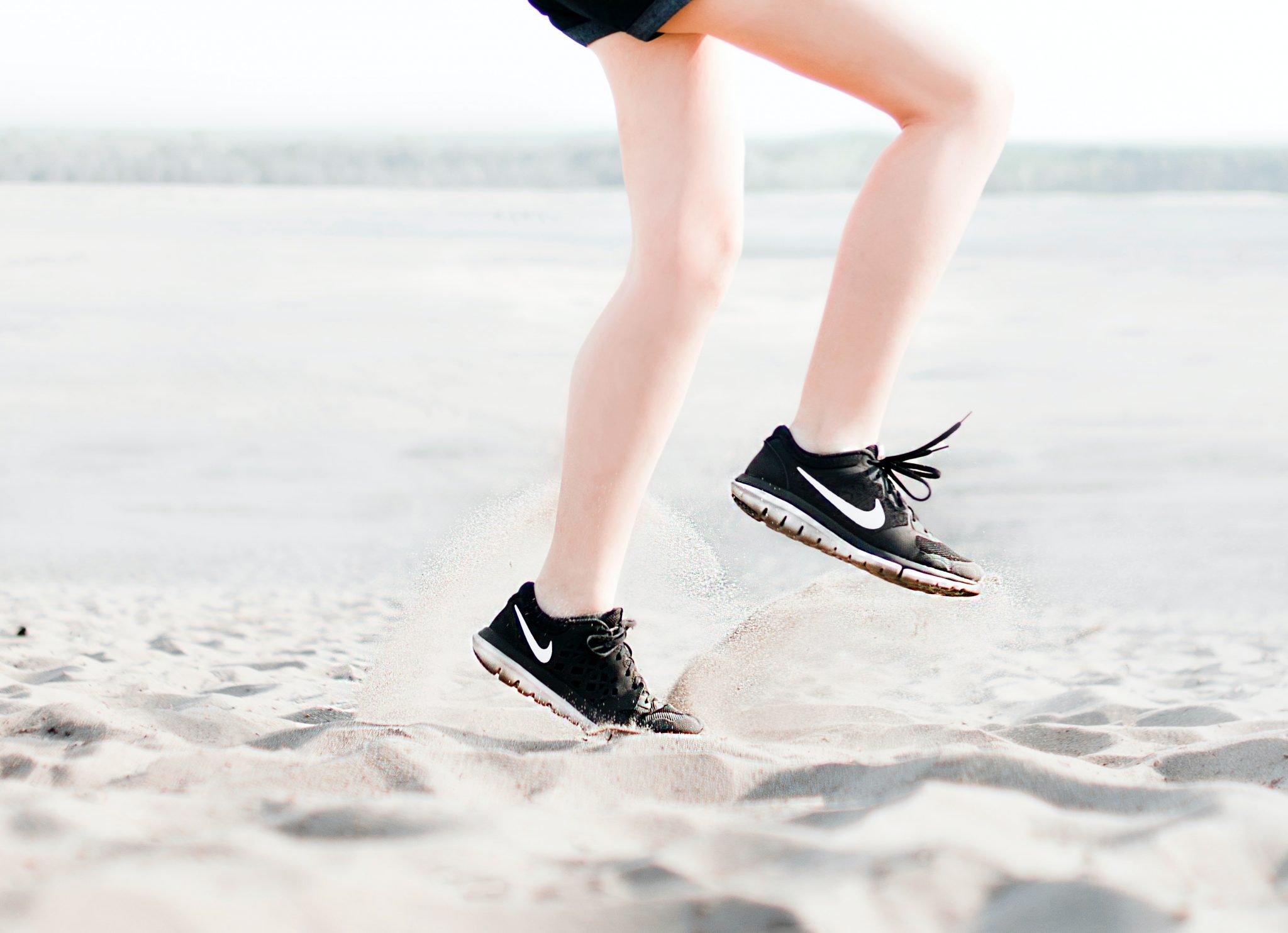5 Things to Avoid for a Better Vein Health
Vein health is often overlooked. However, our veins play an essential role in maintaining our overall health and quality of life. Therefore, It is necessary to treat them with the love and care they deserve, as they are part of the primary system keeping us alive!
Even though there’s no fool-proof way to make sure you’ll never develop venous diseases. The good news is with simple lifestyle changes, you can keep your veins radiant and healthy as well as delay varicose veins from developing while keeping preexisting ones from getting worse.
At the Cardiovascular specialist of South Florida, our goal is to share as much about vein care with you as possible. Hence, we have put together five things to avoid to improve your vein health and, consequently, your overall health.
1. Standing and sitting for too long
You might be wondering how standing and sitting for an extended period can be harmful to vein health. With healthy circulation, your veins carry blood away from your lower legs and up to the heart. However, Sitting for hours, especially with your legs crossed, can slow down circulation and cause blood to pool in your legs. On the other hand, prolonged standing makes it harder for your body to maintain upward blood flow, making your veins work harder.
For better vein health, do not cross your legs and elevate. Elevating your legs throughout the day is essential in improving circulation. Also, putting your legs up the wall for at least five minutes will force blood flow back to the heart, reduce swelling, and take the pressure off your legs.
Another easy way to improve your vein health is to walk more. As a matter of fact, walking is one of the most effective ways to keep your veins healthy. Walking on a daily basis would help burn calories and get your blood flowing. It has also been shown that walking helps people with peripheral artery diseases. If you find yourself sitting excessively during the day, you can do things like:
- Moving from one place to another at least every 30 minutes to engage your muscles
- Regularly change posture
- Walk to see colleagues instead of emailing
- Hold walking meetings
- Go for walks during your lunch breaks
On the other hand, if your job requires lots of standing, try to walk around to keep your legs moving if you can, instead of standing still in one spot.
2. Consumption of sugary foods and drinks
Expectedly, the food you eat plays a major role in your vein health. Even though sugar-rich foods and drinks like cake, juices, energy drinks, cakes, cookies and sodas may taste great and make you feel good, they do not support optimum vein health! While you are feeling good, your vascular system is being stressed. Studies have shown that increased sugar intake decreases the function of blood vessels and causes a reduction in blood flow.
When you consume sugary foods and drinks, your body produces low-density lipoprotein, which can become oxidized and trapped in the walls of your blood vessels and lead to plaque buildup. This plaque often causes blood clotting and can lead to high cholesterol and venous and arterial conditions.
Regardless of what your current intake of sugary drinks is right now, it is highly advised that you cut back in order to protect your veins. To keep your vein and artery walls clear, stay away from processed sugary foods, keep a diet high in natural sugars and eat lots and lots of veggies.
3. Smoking
It is no secret that smoking isn’t good for you. Smoking tobacco inflicts many negative consequences on the body, especially the cardiovascular system, including the veins. Smoking introduces chemicals into the bloodstream that causes the blood to thicken and get deoxygenated, thereby reducing blood flow dramatically. Furthermore, nicotine, the most addictive chemical in cigarettes, has a destructive effect. It causes hardening and narrowing of the arteries, which reduces the amount of blood they can carry and makes blood clots much more likely to occur.
Smoking also weakens the layers of cells inside the blood vessels, thereby causing a buildup of plaque in the arteries. Quitting smoking completely is the best step you can take to eliminate this risk and improve your vein, lung and overall health.
4. Too much Exposure to Heat
We know there is nothing more pleasant than soaking up in a hot tub or hours of tanning in the summer sun, but these practices can put your vein health at risk. Excessive heat causes an expansion of the blood vessels, making it harder for the valves in the vein to keep the blood moving. Therefore, over time, heat, particularly from a bath or hot tub, can cause veins to swell and lead to blood pooling. When this happens frequently, it can lead to venous insufficiency and blood clots.
Additionally, too much exposure to the sun weakens the upper layer of the skin, causing it to lose moisture and become less elastic. This affects both the skin and the veins underneath.
In order to improve your vein health, always apply sunscreen 15 minutes before going outdoors and reapply every two hours. Avoid the sun during the hottest hours, usually between 11 am to 3 pm. Have warm baths instead of hot baths and ensure you don’t soak in them for too long.
5. Excessively gaining weight
When it comes to venous health, maintaining a healthy weight goes a long way. Research has shown that being overweight can increase your chances of deep vein thrombosis and blood clots. As we all know, the job of the veins entails carrying blood back to the heart. However, the veins in the lower legs have a harder job since they have to work against gravity and your body weight in order to move blood to the heart. Excessive weight, however, increases the load on the circulatory system and will place extra pressure on the veins of your lower body – including the legs, ankles and feet, which over time can lead to damaged veins.
Additionally, when you are overweight or obese, accumulated internal fat put stress on nearby blood vessels, restricting blood flow and increasing pressure in the veins. Your heart will have to pump extra hard in order to get blood circulated throughout the body as muscles need more blood to move a heavier body.
Nutritious Diet, regular and moderate physical activities, as well as lifestyle changes are important keys to losing weight and can help minimize the risk of developing significant venous diseases. Exercising burns excess calories, which help prevent additional weight gain and even help with weight loss.
Conclusion
While all of the tips above can help you improve your vein health, unfortunately, they won’t get rid of any varicose veins that have already formed.
If you are currently suffering from pain or discomfort in your veins, you should note that this is treatable. Schedule a consultation with the cardiovascular specialist of south Florida. Our specialists will examine you thoroughly and painlessly for underlying venous circulation problems and work with you one-on-one to determine the best treatment option based on your unique need.





